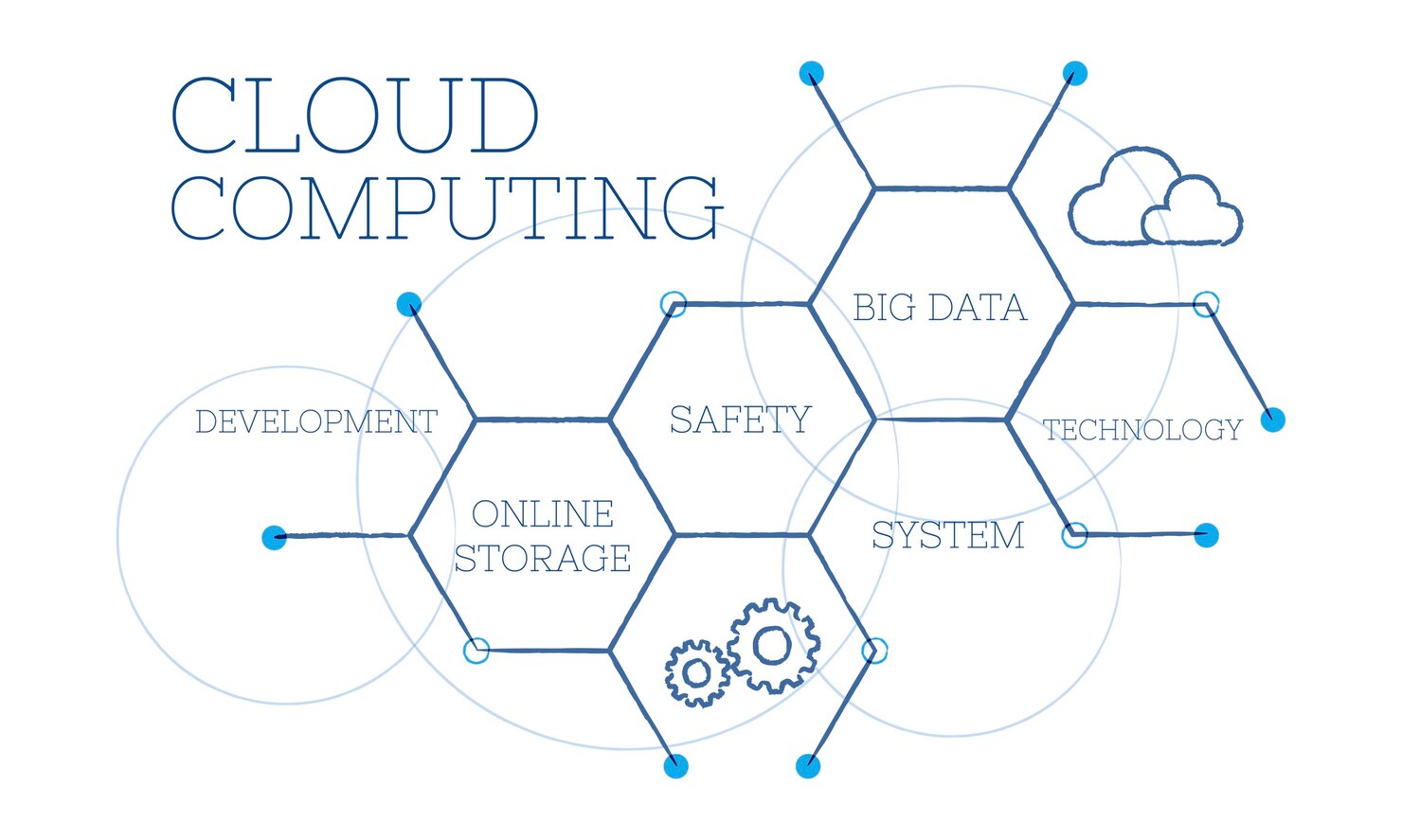These tech skills for 2024 provide a solid foundation for someone new to the tech field and can open doors to more specialized areas as you gain experience and confidence.
1. Basic Coding Skills (Python or JavaScript):

Start with the basics of coding to understand how software is created and functions as part of your tech skills for 2024.
The versatility of Python, combined with its readability and ease of learning, makes it a popular choice for various domains in the tech industry. Python can be used for web development, data analysis, machine learning, automation, game development, desktop applications, network programming, cybersecurity, scientific computing, chatbots, IoT, and bioinformatics.
JavaScript is primarily used for front-end web development but can also be applied to back-end development, mobile app development, game development, and serverless computing.
So pick Python or JavaScript, use online platforms like Codecademy, practice daily, build small projects, join coding communities, seek feedback, and stay curious to learn basic coding skills.
2. Digital Literacy and Online Security:
To enhance online security and achieve comprehensive digital literacy, consider the following steps:
- Educate Yourself: Stay informed about common online threats, such as phishing attacks, malware, and scams. Regularly read reputable sources, articles, or blogs that provide insights into the latest cybersecurity trends.
- Use Strong Passwords: Create unique and complex passwords for your online accounts. Utilize a combination of uppercase and lowercase letters, numbers, and symbols.
- Enable Two-Factor Authentication (2FA): Activate 2FA wherever possible. This adds an extra layer of security by requiring a second verification step, typically through a code sent to your mobile device.
- Update Regularly: Keep your operating system, antivirus software, and phone applications up to date. Updates often include security patches that address vulnerabilities, reducing the risk of exploitation by cyber threats.
- Use Secure Wi-Fi Connections: Ensure your home Wi-Fi network is password-protected with WPA3 encryption. Avoid using public Wi-Fi for sensitive transactions, as these networks can be less secure and more susceptible to attacks. Be familiar with VPNs.
- Be Cautious with Emails: Exercise caution when opening emails, especially those from unknown senders. Avoid clicking on suspicious links or downloading attachments from untrusted sources. Verify the legitimacy of emails before providing any sensitive information.
- Secure Your Social Media Accounts: Adjust privacy settings on social media platforms to control who can access your information. Be mindful of the content you share online, and avoid oversharing personal details.
- Backup Your Data: Regularly back up important data to an external hard drive or a secure cloud service. In the event of a cyberattack or data loss, having backups ensures you can recover your essential information.
3. Cloud Computing Basics (e.g., Google Drive, Microsoft Azure):
 Cloud computing has revolutionized how data is stored, accessed, and managed. Familiarize yourself with basic cloud services like Google Drive or Microsoft Azure. Embracing the cloud allows you to seamlessly collaborate, store data, and access resources from anywhere, setting the stage for efficient tech practices.
Cloud computing has revolutionized how data is stored, accessed, and managed. Familiarize yourself with basic cloud services like Google Drive or Microsoft Azure. Embracing the cloud allows you to seamlessly collaborate, store data, and access resources from anywhere, setting the stage for efficient tech practices.
Cloud computing is like renting computer power and storage on the internet. Instead of owning and maintaining your own servers and hardware, you can access and use these resources whenever you need them, paying only for what you use. It’s like having a virtual computer that you can use from anywhere with an internet connection.
Learning about cloud computing means understanding how to use and leverage online services for various purposes, beyond just storing files on Google Drive. It involves things like creating and managing virtual machines, using ready-made software applications, securing online data, and much more.
Think of it as gaining the ability to not only store files online but also to build and run entire websites or applications, analyze data, and collaborate with others in a flexible and scalable way. It’s like having a powerful toolbox in the cloud that you can use for a wide range of tasks.
4. Basic Data Analysis (Excel, Google Sheets):

Learn to work with spreadsheets and analyze simple datasets, a valuable skill in various roles.
Learning how to use programs like Excel or Google Sheets is like gaining a super useful skill that fits into many jobs. It helps you organize information neatly, do basic math stuff, and even create simple charts. People in finance use it for money stuff, project managers for organizing tasks, and sales/marketing folks for understanding customer data. It’s like having a Swiss Army knife for dealing with information.
There are lots of friendly online tutorials. Websites like YouTube, Khan Academy, or even the built-in tutorials in Excel can guide you step by step.
5. Intro to Networking:
Understanding how computers connect and communicate over networks is a fundamental tech skill.
Dive into the basics of networking, from understanding IP addresses to troubleshooting connectivity issues. This skill not only broadens your knowledge but is essential in various tech-related roles.
Discover how computers talk to each other over networks by learning about unique addresses, communication rules, ways to organize information, different network setups, and the devices involved. Dive into concepts like translating web addresses, fixing common connection problems, and understanding the basics of keeping networks secure, all while putting your new knowledge into practice through hands-on activities.
For beginners in networking:
- IP Addresses: Grasp the concept of unique identifiers for devices on a network, such as IPv4 and IPv6.
- Networking Protocols: Explore basic protocols like TCP/IP and UDP facilitating reliable communication.
- Subnetting: Learn the basics of dividing and organizing IP address spaces for efficient network design.
- Network Topologies: Understand different structures like bus, star, and mesh, defining how devices are connected.
- Networking Devices: Familiarize yourself with routers, switches, and hubs and their roles in managing data traffic.
- DNS Basics: Grasp the function of DNS in translating human-readable domain names to IP addresses.
- Troubleshooting: Develop skills in identifying and resolving common connectivity issues in IP configurations and hardware.
- Firewall Introduction: Understand the role of firewalls in network security and controlling traffic based on rules.
- Security Fundamentals: Gain basic knowledge of encryption, authentication, and security practices for network protection.
Learning all 5 tech skills for 2024 can take a few weeks to a couple of months, depending on your dedication and the time you invest, but it is a rewarding effort.





